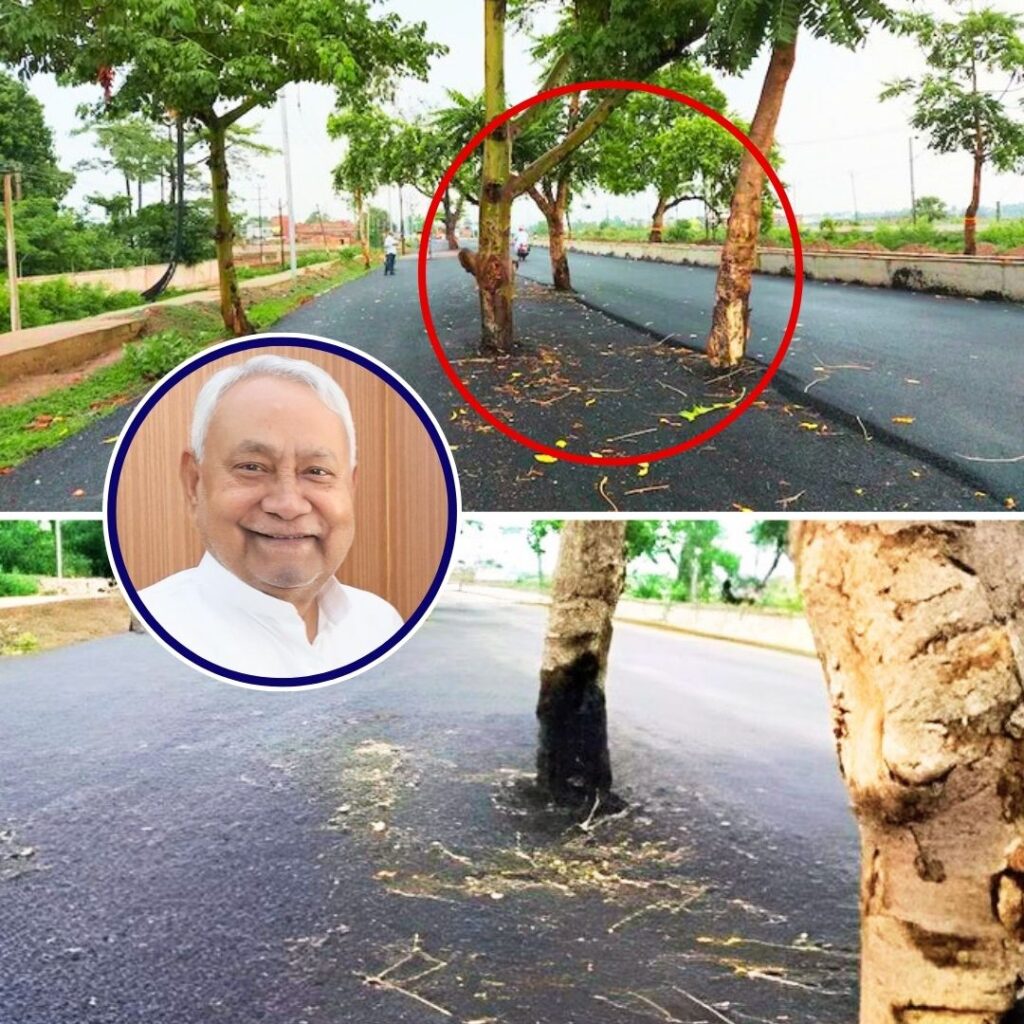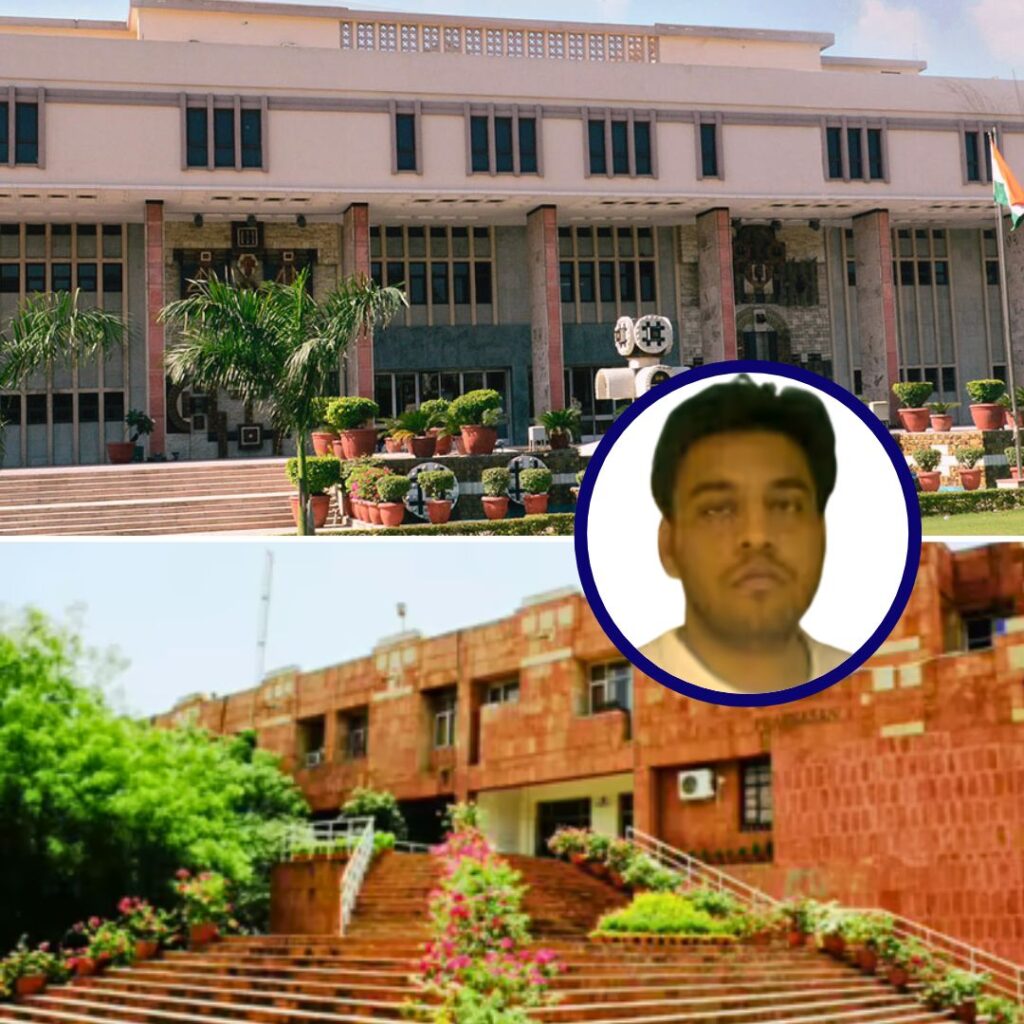This day will be remembered as a watershed moment for Indian democracy. Today, a bench of 9 judges of the Supreme Court unanimously held that privacy is a fundamental right under the Indian Constitution.
The judges who heard the case were:
These Supreme Court judges heard the Right to Privacy arguments | Credit: SFLC
The apex court overruled its two earlier judgements (M P Sharma verdict of 1950 and that of Kharak Singh of 1960) that right to privacy is not protected under the Constitution. The SC observed that Right to Privacy is intrinsic under Article 21 of the Constitution and other freedoms guaranteed by Part III. It will come under right to life and liberty, ruled Supreme Court.
The verdict is crucial for Indian democracy – not only because privacy had become a primary debate in the digital age but also because of the intrinsic links between privacy and the government’s push to increase the mandate of Aadhaar and UIDAI.
The government had earlier said that Indian citizens do not have an absolute right over their body.
“The concept of absolute right over one’s body was a myth and there were various laws which put restrictions on such a right,” Attorney General Mukul Rohtagi had said.
The government had earlier taken highly controversial measures to force Aadhaar upon the people of India. Pan card, mobile connections, bank accounts, cash benefits of Tuberculosis, welfare benefits for farmers, access to various welfare schemes of the government, driving licences, provident funds, railway subsidies, income tax, among others, were all linked to Aadhaar.
Now, the validity of sharing information for Aadhaar card will be decided by a 5-judge bench.











